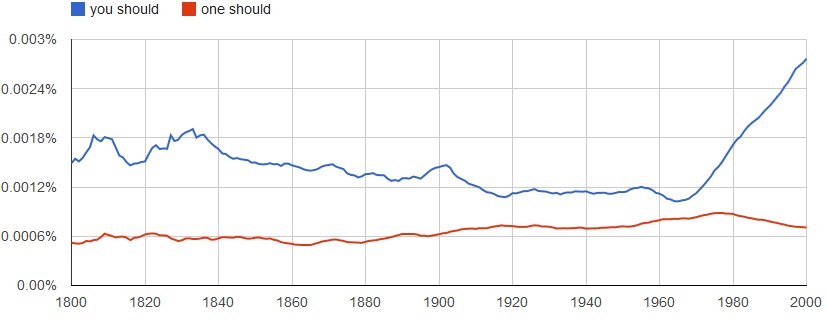When I took my English classes, I was taught that you can be used as impersonal you, for example when giving instructions to whoever is reading instructions; it is not referring to a specific person, but to whomever read them.
Be sure you connected the cable to the correct plug-in. If you aren't sure which is the correct plug-in, try connecting to a web site, and see the error you get.
Talking with a friend on mine, who was born in USA, I noticed she was confused from my use of the impersonal you.
Does that mean the impersonal you is not used anymore, or is the confusion raised from something else?

